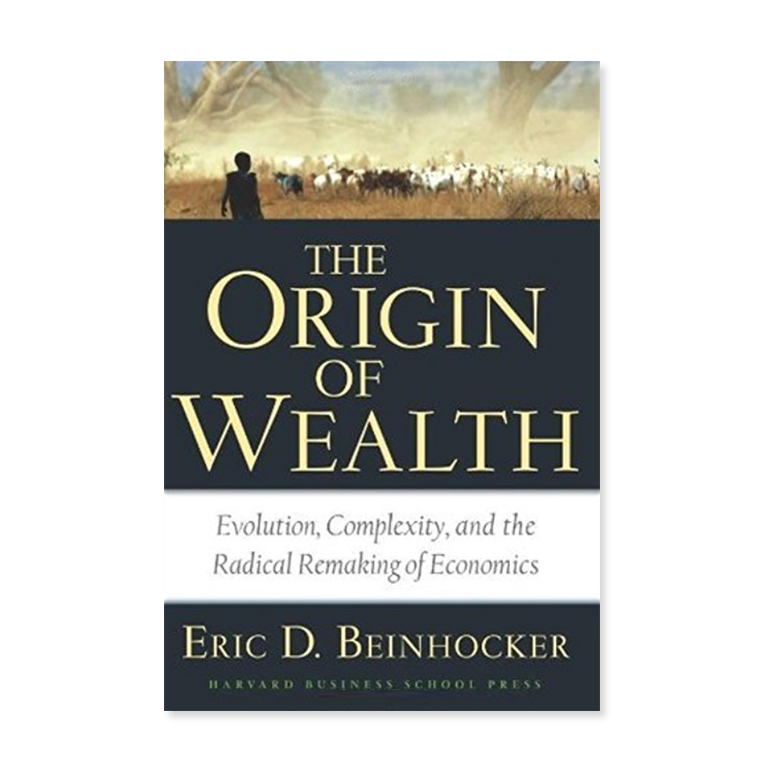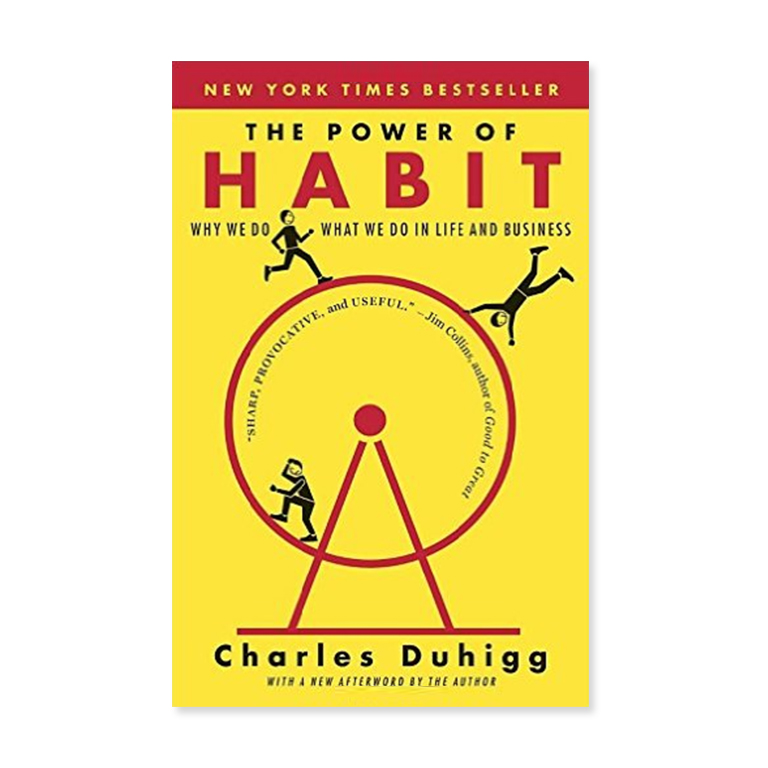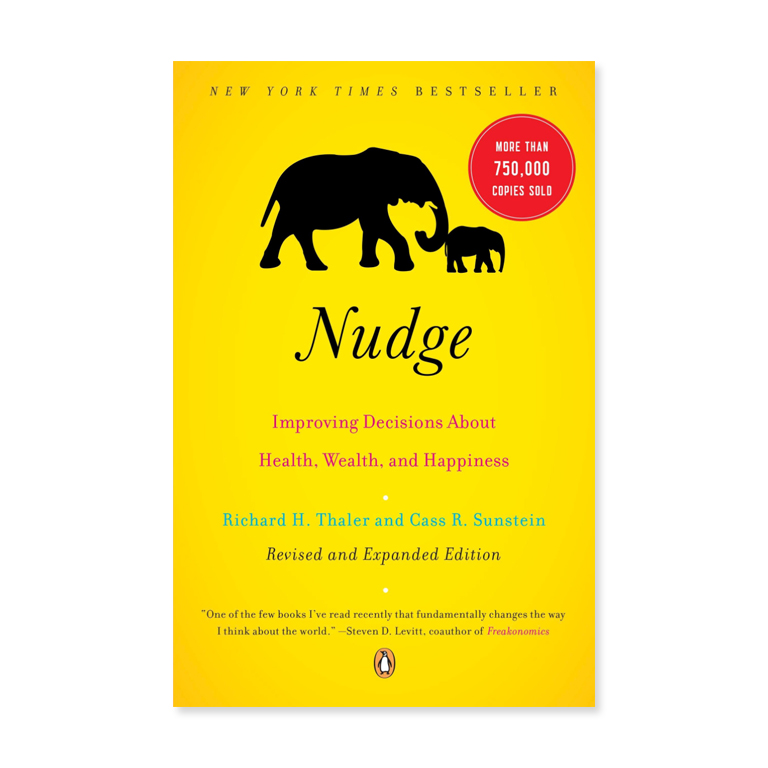Design Research
DRIII: In the room…
You’ve done some hard thinking to see whether design research is right for your project and spent some time preparing your design research team with the information that they’ll need to be successful. Now it’s time for the fun part: riding along with the team to hear from your prospective customers themselves! In this article, I capture some thoughts about what to expect from this process. This post will focus on the more practical aspects Read more…






